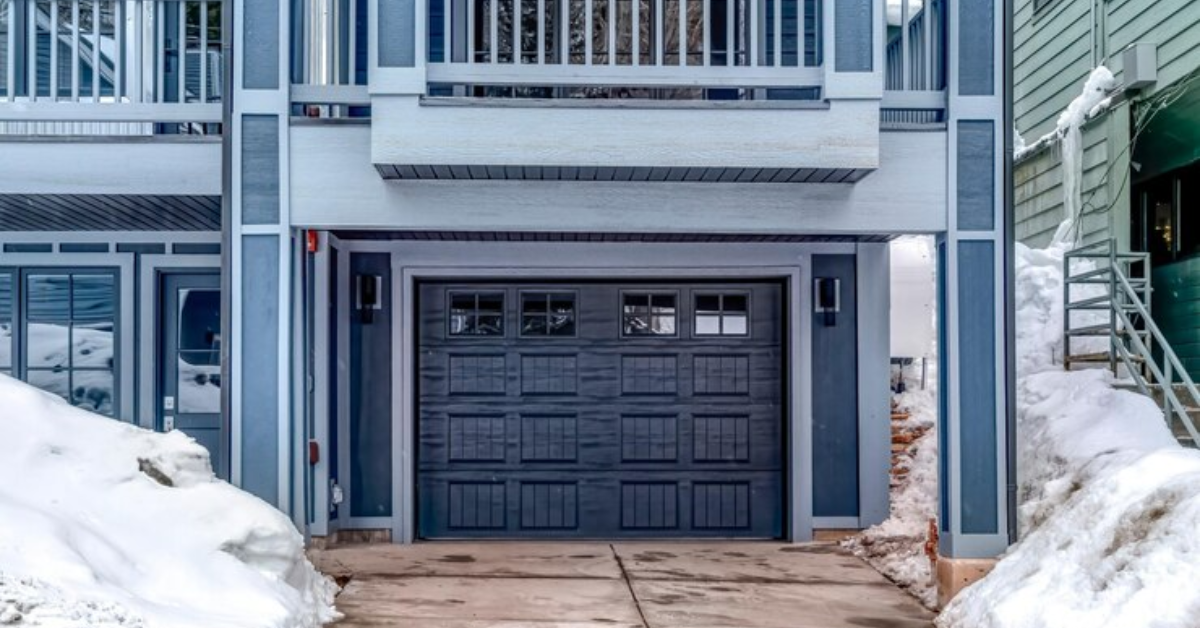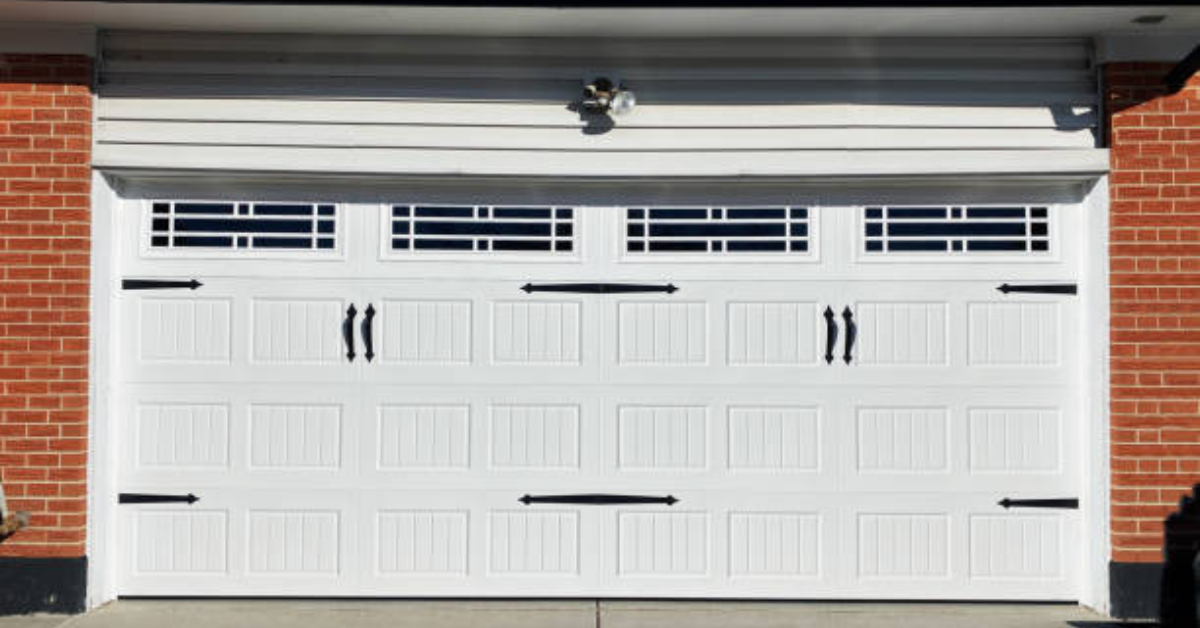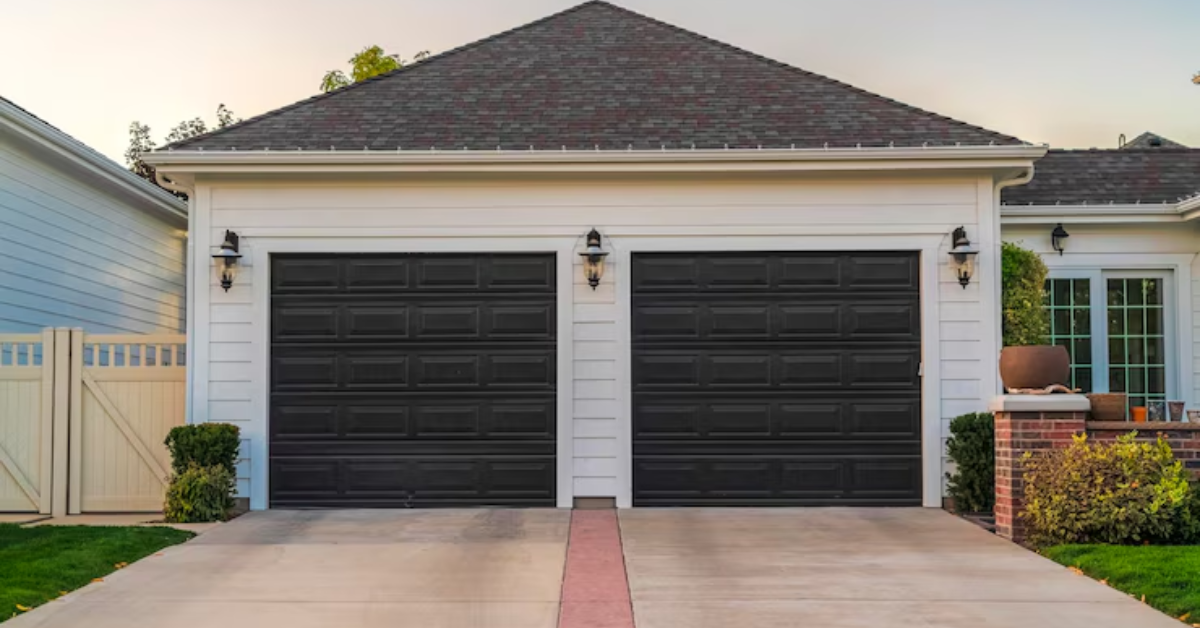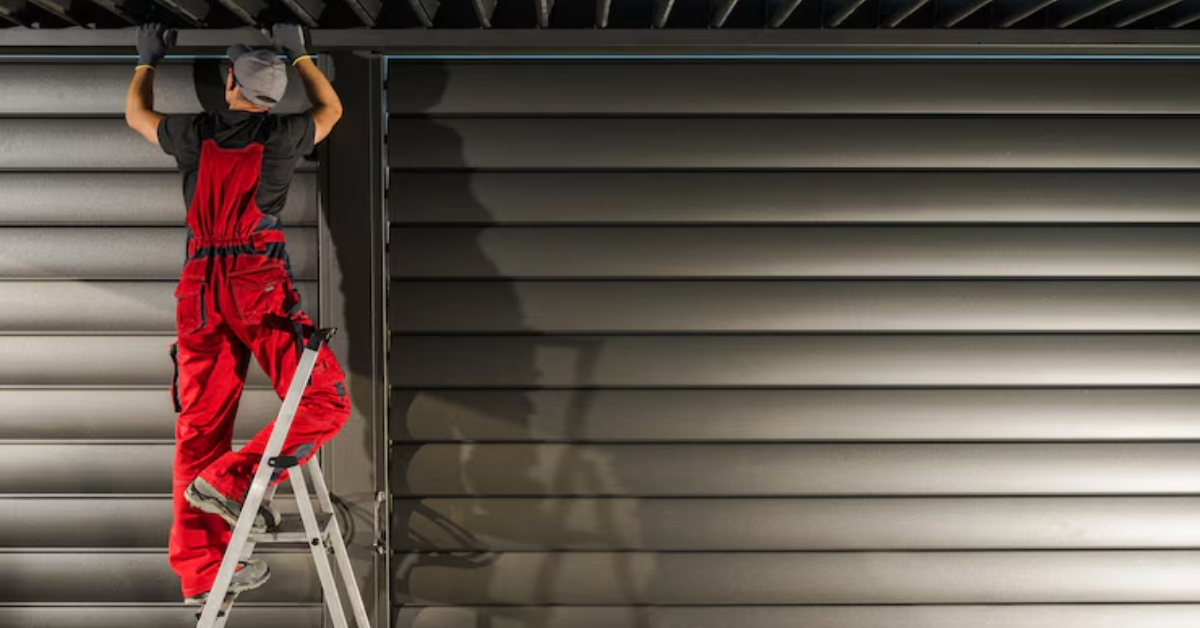Winter Maintenance Tips for Automatic Gate Systems
Winter can be harsh on your automatic gate system, with cold weather, snow, and ice creating challenges for proper functionality. Regular maintenance during this season is essential to keep your gate working smoothly, prevent breakdowns, and extend its lifespan. This guide provides effective winter maintenance tips for automatic gate systems that ensure optimal performance throughout the colder months. Whether you have a swing gate, sliding gate, or any other type, these tips will help you avoid unnecessary repairs and potential damage caused by winter conditions.
1. Inspect Your Gate Regularly
A thorough inspection is the foundation of good winter maintenance. Before the snow and freezing temperatures hit, carefully examine all parts of your automatic gate system, including the motor, gate tracks, hinges, and moving components.
Look for signs of wear, rust, and damage that could worsen in winter. Ensure that no part is obstructed by debris, leaves, or dirt that can later freeze and cause malfunction. Pay special attention to the gate operator and check for any loose wiring or exposed areas that may need additional protection from the elements.
2. Lubricate Moving Parts
Cold weather can cause metal parts to contract and moving components to stiffen, which may hinder your gate's performance. To counteract this, lubricate all moving parts of the gate system, including hinges, rollers, and chains, before winter sets in. Use a silicone-based or lithium grease lubricant, as these can withstand colder temperatures better than standard lubricants.
Avoid over-lubrication, as it may attract dirt and debris that could mix with ice or snow, causing additional wear on parts. Regular lubrication will prevent rusting and reduce strain on the motor during operation.
3. Check for Ice and Snow Buildup
One of the biggest challenges with automatic gate systems in winter is ice and snow buildup. Ice can form around the gate's motor or along its tracks, making it difficult for the gate to open and close properly. Snow can accumulate along the path of the gate, obstructing its movement or causing it to freeze in place.
To prevent this, regularly clear any snow from around the gate's tracks and base. If ice has formed, carefully remove it using a de-icer spray or warm water (avoid boiling water, as it can damage sensitive components). Be cautious with snow blowers or shovels, as they can accidentally damage sensors or wiring near the gate.
4. Ensure Proper Drainage
Water that accumulates around your gate system can freeze and cause operational problems, so proper drainage is crucial. Make sure that the area around the gate has adequate drainage to prevent water from pooling near the motor or electrical components. If necessary, improve the drainage system to direct water away from sensitive areas.
Check that the gate tracks are clear of debris that could prevent water from draining properly. Poor drainage can lead to rusting and freeze-related damage, which could affect the gate's performance over time.
5. Protect Electrical Components
Winter weather poses a risk to the electrical components of your automatic gate system, including the gate operator, sensors, and control panel. Moisture from snow and ice can seep into these parts, leading to short circuits or other electrical failures.
To protect these components, consider using weatherproof covers designed specifically for gate operators and control panels. Ensure that all wiring is properly insulated and sealed, with no exposed areas where moisture could get in. If your system is already showing signs of moisture-related issues, contact a professional technician to inspect and address the problem.
6. Test the Safety Sensors
Automatic gate systems come equipped with safety sensors that detect obstacles in the gate's path, preventing accidents. In winter, snow or ice can cover these sensors, rendering them ineffective. Regularly clean and test the sensors to ensure they are free of debris and functioning properly.
You can test the sensors by placing an object in the gate's path while it’s closing. If the gate stops or reverses direction, the sensors are working correctly. If not, you may need to recalibrate or repair them before winter conditions worsen.
7. Monitor Battery and Power Supply
Cold temperatures can reduce the efficiency of your gate's battery, especially if you rely on a backup battery system for power outages. Ensure that your battery is fully charged and replace it if it's showing signs of wear. If your gate system operates on solar power, be aware that reduced sunlight in winter may affect the charging capacity.
If you experience frequent power outages during winter storms, it’s essential to have a reliable backup system in place, such as a generator or battery. Ensure that all electrical connections are secure and protected from the elements.
8. Schedule Professional Maintenance
While DIY maintenance can go a long way in keeping your automatic gate system functioning in winter, it's also wise to schedule a professional inspection. An experienced technician can identify issues that may not be visible to an untrained eye and perform essential tasks such as calibrating the gate’s motor, checking the control system, and inspecting safety features.
For reliable and expert service, Fix N GO Door Repairs offers comprehensive maintenance and repair solutions for all types of automatic gates. Their skilled technicians are well-versed in diagnosing and addressing winter-specific issues, ensuring that your gate remains operational despite harsh weather conditions. Regular professional servicing with Fix N GO not only helps in preventing major breakdowns but also ensures that your gate complies with safety standards and regulations.
Conclusion
Winter can be tough on automatic gate systems, but with proper maintenance, you can avoid common problems such as ice buildup, motor failure, and electrical issues. By inspecting your gate regularly, lubricating moving parts, ensuring proper drainage, and protecting the electrical components, you'll keep your gate running smoothly throughout the winter months. Remember to schedule professional maintenance to catch any potential issues early and keep your gate in top condition.
Implementing these winter maintenance tips for automatic gate systems will not only extend the life of your gate but also give you peace of mind during harsh weather conditions.




